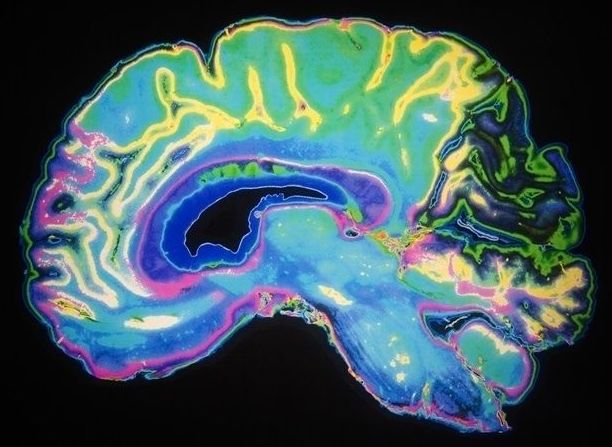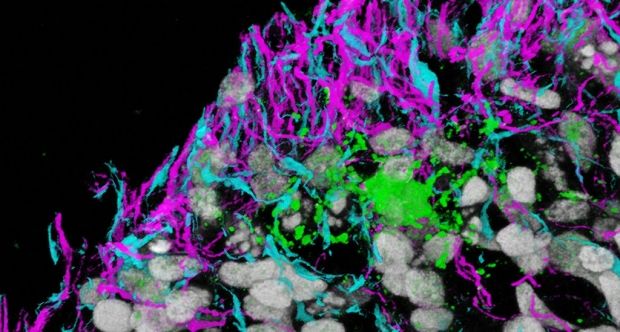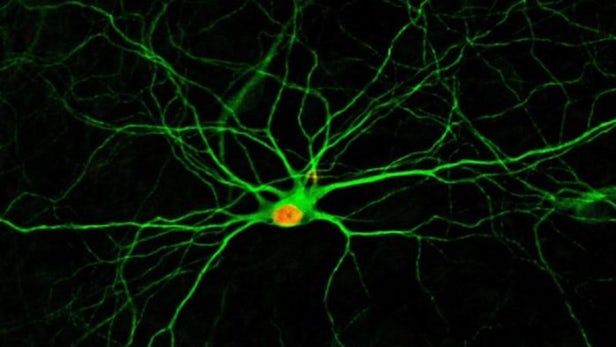Category: neuroscience – Page 1,099

Scientists Have Discovered a Drug That Fixes Cavities and Regrows Teeth
GOODBYE, FILLINGS Dental fillings may soon be left in the ash heap of history, thanks to a recent discovery about a drug called Tideglusib. Developed for and trialled to treat Alzheimer’s disease, the drug also happens to promote the natural tooth regrowth mechanism, allowing the tooth to repair cavities.

Researchers closer to new Alzheimer’s therapy with brain blood flow discovery
By discovering the culprit behind decreased blood flow in the brain of people with Alzheimer’s, biomedical engineers at Cornell University have made possible promising new therapies for the disease.
You know that dizzy feeling you get when, after lying down for an extended period, you stand up a little too quickly?
That feeling is caused by a sudden reduction of blood flow to the brain, a reduction of around 30 percent. Now imagine living every minute of every day with that level of decreased blood flow.

Lactate activates multiple genes that modulate neuronal activity
“We found that lactate stimulates synaptic activity-dependent genes in the short-term and genes involved in regulating neuronal excitability in the long-term,” explains the first author of the paper Michael Margineanu, a KAUST Master’s student.
Study illustrates the links between brain energy metabolism and neuronal activity.
A genome-wide study led by Dean Pierre Magistretti sheds light on the mechanisms through which lactate regulates long-term memory formation and neuroprotection.
The breakdown of sugar in non-neuronal brain cells, called astrocytes, produces lactate, which gets shuttled to neurons as a source of energy. This lactate not only supports the energy demands of neurons, but also rapidly and transiently activates multiple genes that modulate neuronal activity and regulate brain function.


Are Cyborg Warriors a Good Idea?
The Pentagon is funding brain-implant research aimed at creating neurally “enhanced” soldiers.
- By John Horgan on February 9, 2019
- 3
Brain-zapping implants that change mood and lift depression
Teams of researchers are developing sesame seed-size neuro-implants that detect brain activity that signals depression and then deliver targeted electrical zaps to elevate your mood. It’s very early days in the science and technology but recent studies suggest that we’re on the path. Links to scientific papers below. Fortunately, the goal is to develop tools and a methodology more precise than the horrifically blunt “shock therapy” of last century. From Science News:
Spinal cord is ‘smarter’ than previously thought
Turns out it is smarter than we think.
It is well known that the circuits in this part of our nervous system, which travel down the length of our spine, control seemingly simple things like the pain reflex in humans, and some motor control functions in animals.
Now, new research from Western University has shown that the spinal cord is also able to process and control more complex functions, like the positioning of your hand in external space.
“This research has shown that a least one important function is being done at the level of the spinal cord and it opens up a whole new area of investigation to say, ‘what else is done at the spinal level and what else have we potentially missed in this domain?’” said the study’s senior and supervising researcher Andrew Pruszynski, PhD, assistant professor at Western’s Schulich School of Medicine & Dentistry and Canada Research Chair in Sensorimotor Neuroscience.

Converting cells into new neurons could lead to a pill that repairs brain damage
As powerful as the human brain is, once it’s damaged it can’t really recover completely. Now researchers at Penn State may have found a way to boost the brain’s regenerative abilities, using certain molecules to convert neighboring cells into new neurons. The technique could eventually lead to pills that treat brain injuries, stroke or Alzheimer’s disease.